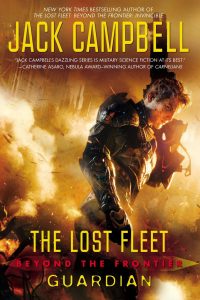 Author Paul J. McAuley (author of “A Very British History“, one of my favorite short stories) recently tweeted: The trouble with SF ‘worldbuilding’ is that it too often strives to be dully convincing, instead of amazing.
Author Paul J. McAuley (author of “A Very British History“, one of my favorite short stories) recently tweeted: The trouble with SF ‘worldbuilding’ is that it too often strives to be dully convincing, instead of amazing.
I couldn’t agree more.
Take The Lost Fleet series by John G. Hemry under the pen name Jack Campbell. The story follows the protagonist who has been in suspended-animation for over 100 years and awoke to discover that he has been turned into a mythic figure to give hope to his people who are locked in a seemingly endless war…and he is the only one who can save them all. What blew me away about this series, however, was the realistic space battles. Hemry paints a believable picture of just how slow sub-light speed really is.
Picture yourself entering an enemy star system and seeing the enemy on the other side. You can see them, but they can’t see you at first because the light from your arrival hasn’t reached you yet. So you start heading toward them, but it could take half a day before you even see any action. You have time to get lunch or take a nap, knowing that you can see your potential death approaching whenever you sit back down at your computer. Hemry talked about the drama this creates in a recent article on SF Signal.
 And yet despite how excited I am to read the next book in the series (and with 80% finished, I think I can give it a good review), I will still always pick Star Wars over The Lost Fleet.
And yet despite how excited I am to read the next book in the series (and with 80% finished, I think I can give it a good review), I will still always pick Star Wars over The Lost Fleet.
Think about it: is there a less convincing SF universe than Star Wars? How can fighters in deep space move like atmospheric jets? Why would a government with the resources and cash to build a planet destroying weapon the size of small moon leave an obvious Achilles heal for any left-leaning radical group to exploit? How does the laser sword work and what stops it at the right height for a duel?
And yet Star Wars speaks to an entire generation of fans. There probably aren’t many geeks who wouldn’t want to fly a X-Wing or learn how to use the Force from Yoda. Yet there is no denying that in many ways Star Wars is just fantasy with a sci-fi coating…but so are a lot of classic SF series. Take Doctor Who, which has always played fast and loose with science (the guys over at the SF Signal podcast had a very interesting discussion on this very topic). Is the sonic screwdriver that different from a magical wand? Calling it convincing is a stretch, but as it nears its 50th anniversary special, we can at least admit it has lasted the test of time and inspired generations of fans.
I find this same issue arise among alternate historians. The genre requires some research to create a plausible alternate history. Nevertheless, some of the most read works of alternate are often the ones that are the least plausible. We know time travel is impossible, but without it we would not have one of the classic works of the genre The Guns of the South by Harry Turtledove. Even with The Lost Fleet there is some liberties Hemry takes with science by hand-waving away the limitations of FTL travel by creating “jump points” and “hypernet gates”.
Making a convincing and plausible SF universe is certainly a praiseworthy goal and authors should always strive to research thoroughly the science they use in their next great SF novel. We should not, however, let it eclipse the very reason people consume science fiction. To escape. To dream. To wonder. To be inspired. Don’t ever lose sight of what makes science fiction truly amazing.

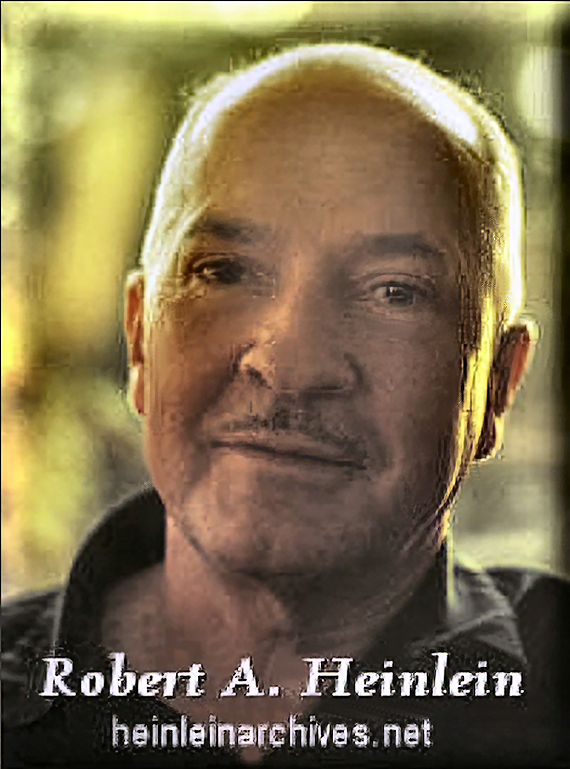
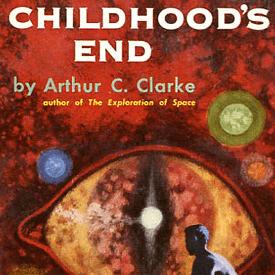


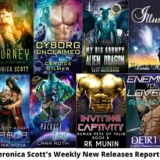

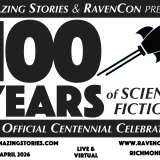


Recent Comments